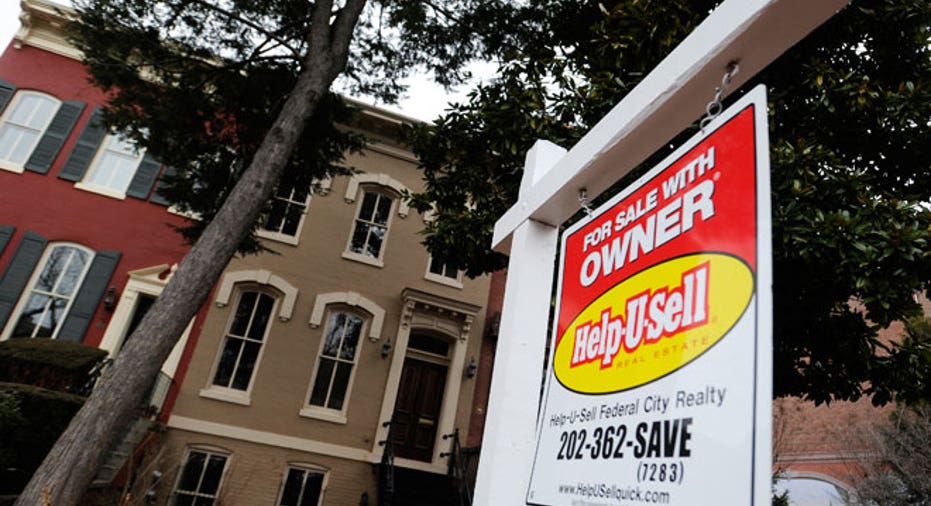Net Equity Rose in 2013 -- Good News for Homeowners

Buried within hundreds of pages of data gathered by the Federal Reserve and released earlier this month was a very important statistic for U.S. homeowners – net equity in household real estate rose by $2.2 trillion from the third quarter of 2012 to the third quarter of 2013.
Syndicated real estate columnist Kenneth R. Harney says the increase is a record for year-over-year net equity holdings.
Meanwhile, homeowners’ equity as a percentage of household real estate also rose sharply in the past year, from 44.3% a year ago to 50.8% at the end of the most recent quarter, according to the Fed’s statistics. And that latter number is up from 38.4% in 2009, not long after the U.S. housing bubble burst.
These are encouraging numbers for the average U.S. homeowner, millions of whom found themselves underwater on their mortgages -- or owing more on their home loans then their homes were worth -- following the collapse of the U.S. housing market in 2008.
Net equity is the difference between the value of a home and what the homeowner owes on their mortgage. Ideally, the former is larger than the latter. For instance, if a house is worth $400,000 and the mortgage owed is $200,000, the homeowner has $200,000 in net equity and his equity as a percentage of household real estate is 50%.
Both of those figures plummeted after the housing market collapsed more than five years ago, leaving millions of Americans with negative equity, the fancy term for being underwater on their mortgage.
In worst case scenarios, Americans who found themselves deeply underwater – owing hundreds of thousands of dollars more than their homes were worth – simply walked away from their mortgages, leading to record numbers of foreclosures.
Underwater homeowners who didn’t walk away from their mortgages found themselves in a difficult financial limbo, unable to borrow against their home equity, unable to move and unable to refinance their loans.
U.S. Home Prices are Rising
That widespread condition had a chilling effect on the broader economy, and that’s why the Fed’s recent statistics are so welcome. As more Americans see their net equity rise and others get out from beneath underwater mortgages, it frees up money for home improvements and other large expenses, while others will be able to buy new homes and refinance their current mortgages. In other words, the impact will be felt across the U.S. economy.
The primary reason more Americans are seeing their net equity rise is an increase in home prices.
Housing data released on Friday showed that U.S. single-family home prices posted their strongest year-over-year gain in more than seven years. According to the S&P/Case Shiller composite index of 20 metropolitan areas, home prices rose 13.6%, marking the strongest gain since February 2006, when the increase was 13.8%.
Housing prices have been rising since early 2012, and a rebound in the sector has helped the U.S. recovery gain steam.
At the same time, the number of U.S. homeowners who are underwater on their mortgages is dropping. Housing research firm Zillow recently reported that the percentage of homeowners who owe more on their mortgages than their homes are worth fell to 21% in the third quarter of 2013, down from 23.8% in the prior quarter. The rate of decline was the fastest since Zillow began tracking negative equity several years ago.
Zillow said the number of homeowners who remain underwater has fallen to 10.8 million, down from a high of nearly 16 million in the first quarter of 2012.



















